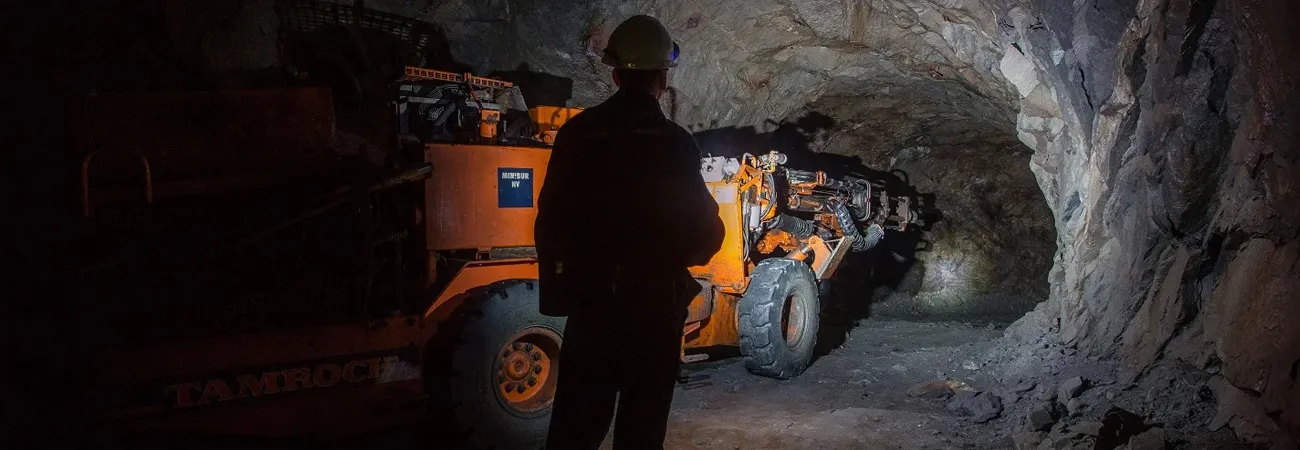i ECONOMY
Artisanal small-scale miners in the northern Gilgit-Baltistan (GB) province of Pakistan need capacity-building, matching the hard work they do on a daily basis to earn their livelihood, reports WealthPK. Artisanal small-scale Mining (ASM) is a sustainable source of livelihood in the area, and most people are involved in it for the extraction of placer gold, silver, or precious/semi-precious stones. Some people mine the earth or mountains, but to make the ASM practices more effective and profit-oriented, the government has to establish training centers in the area. In the current era of scientific and technological advancement, gold washers still use primitive techniques for gold extraction. These techniques involve amalgamating gold with mercury, a serious health hazard.
The local gold washers extract about 15 kilograms of gold in around a year, but they are unaware that besides gold, the alluvium also contains many other precious or semi-precious metals. Hence, they need training for extraction of these minerals as well. The government must buy these strategic mineral aggregates from the local artisanal miners so that they do not fall into the irresponsible hands. The untrained artisanal miners, who find precious metals, minerals, and gemstones in the mountains, must be trained to dig them out carefully without causing any damage. In this way, they will earn a good value without harming the whole lot through their unskilled piercing. Providing them with training in lapidary, jewelry-making, or crafting of any other type can add another strong sector to the cottage industries.
The female family members can also perform it from their homes. Though the GB government is already working on all these aspects, there is still much room for more effort. Talking to WealthPK about the capacity-building of ASMs, former general manager (Geology) of Pakistan Mineral Development Corporation (PMDC) Muhammad Yaqub Shah said mining was mostly of two types — artisanal and regular (including large and small-scale; ground and surface mining). Artisanal mining is one of a kind. It was most popular in the olden days, but it is not obsolete yet. It is like a domestic occupation adopted only for subsistence or to support a family, he added.
Continuing, he said artisanal mining was mostly done in placer deposits on the river banks for gold extraction but in other countries, it was done for a multitude of minerals. In Pakistan, artisanal mining is done for gold and it has been going on for centuries along the Indus and its adjoining rivers, i.e., Chitral River, Gilgit River, Hunza River, and all tributary streams, etc. However, the main source is the Indus River. Around 2,000 families work along the banks of these rivers on a seasonal basis. They work only when the weather is mild. Training them in technical and safety aspects of mining will make them more cautious and productive in local economic development, and community empowerment, added Muhammad Yaqub, who is the Principal Geologist at Islamabad-based Global Mining Company.
Credit: Independent News Pakistan (INP)









